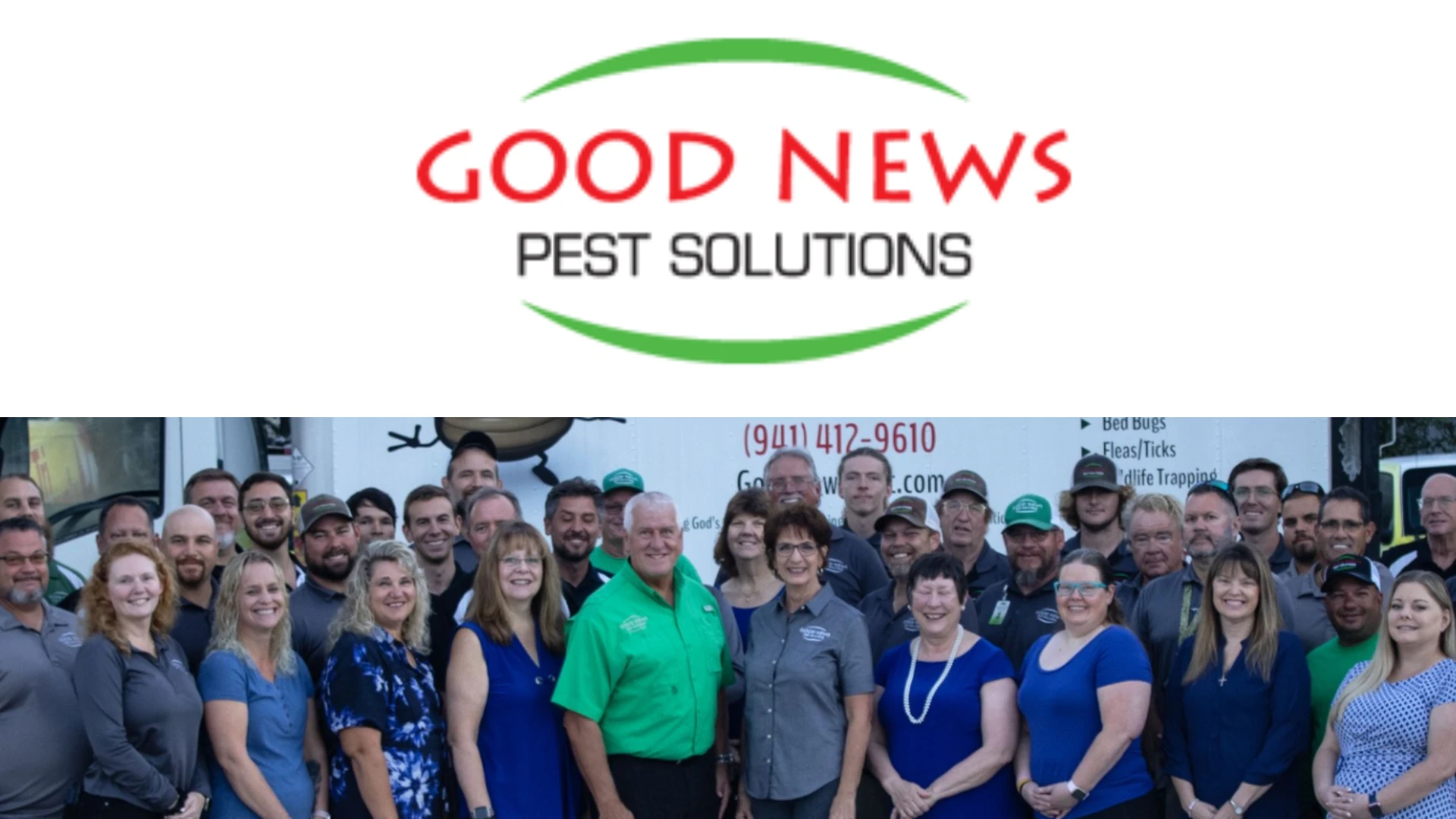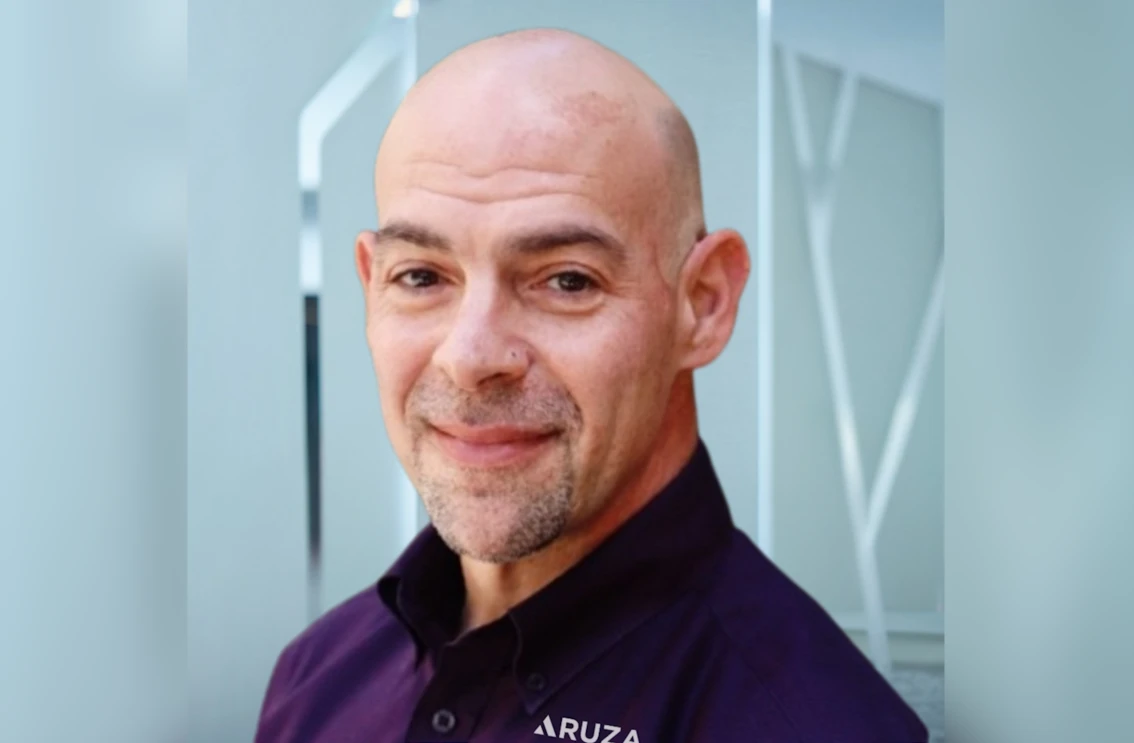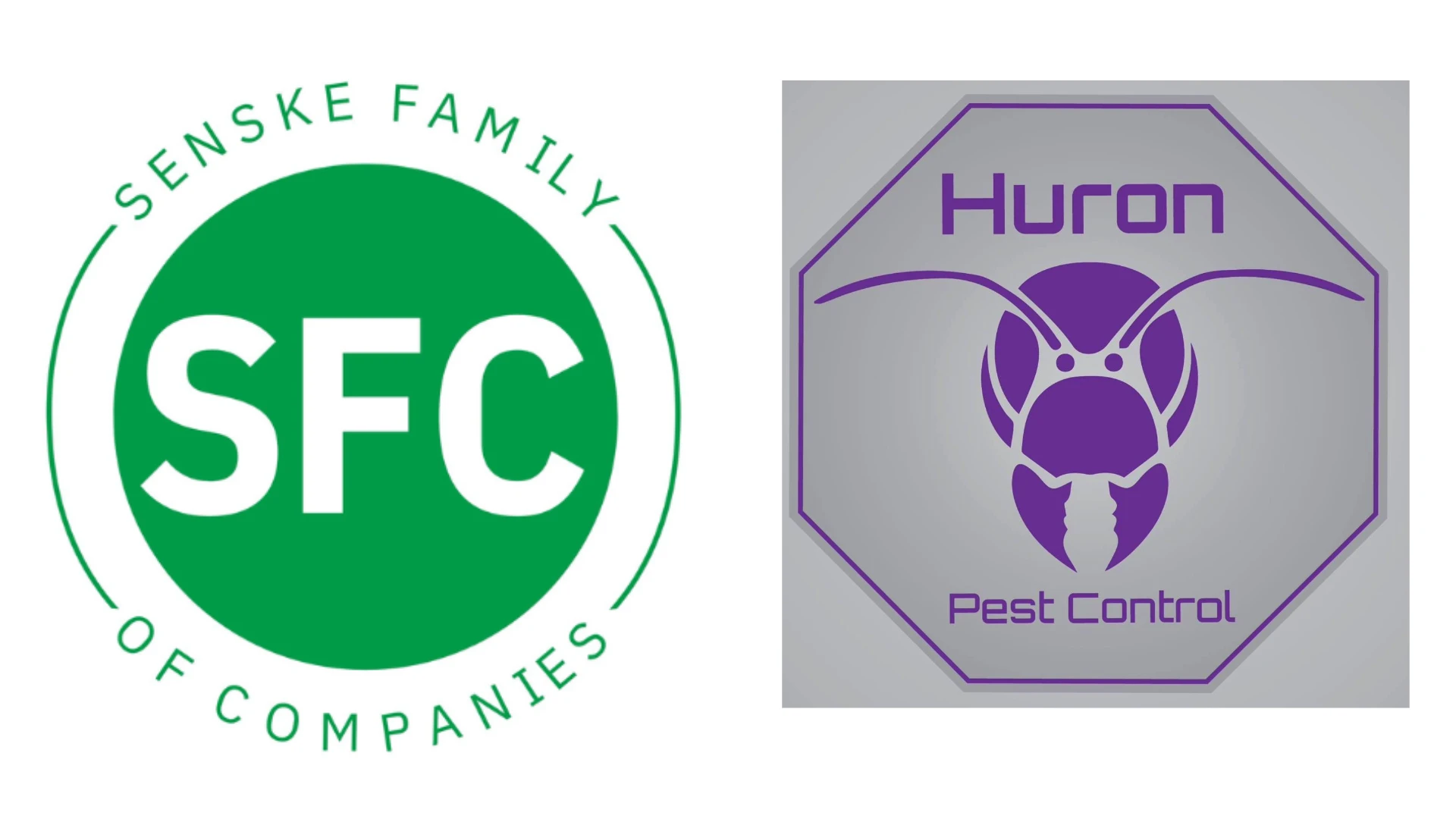
When Marty Overline was transitioning from the U.S. Air Force to civilian life, he knew he wanted to continue in pest control, the line of work he grew to love (and saw a career potential in) while serving overseas in Europe. Overline took courses and exams to become certified in the state of Pennsylvania, something he later learned was unnecessary because he already had a Department of Defense (DOD) certification in several pest control categories, which were reciprocal. This experience always stuck with Overline, and it was what led him to, in 2015, co-found the National Pest Management Association’s PestVets Council, whose mission is to “engage veterans in their successful transition to a productive and rewarding career in the pest management industry.”
“I knew there were a lot of veterans like me who were getting out of the service and had DOD licenses — and now today with dog handlers — there were a lot of opportunities for veterans, and I just thought we needed to do more and open our arms to people separating from the services,” said Overline.
PestVets has become an important NPMA committee whose goals have expanded to include: making veterans aware of opportunities in the pest management industry; providing guidance to assist veterans transitioning to the industry; recognizing veterans for their industry contributions; and giving back to the community and showing appreciation for active military.
“As a founding member of PestVets, Marty placed the needs of veterans both inside and outside of the industry at the heart of NPMA’s strategic initiatives. In addition to growing, recruiting and strengthening the pest control industry’s community of veterans through PestVets, the organization, guided by Marty and other leaders, has positively impacted veterans across the United States,” said NPMA CEO Dominique Stumpf.
Co-founding PestVets is just one example of how Overline has given back to the pest control industry during his remarkable 40-plus-year career.
Philly Born and Raised
Growing up in a tight-knit Northeast Philadelphia neighborhood, Overline spent his younger years playing street hockey and fishing. His father, Marty, was a banker, while his mother, Mary, took care of the home and raised the children, which also included Marty’s older brother, Jonathan, and older sisters Kathleen, Marianne and Patricia.
Young Overline’s early career interests were related to his love of fishing; he wanted to become a marine biologist. Two things made him veer away from college. “My brother got his accounting degree from Drexel University, and it always bothered me that he complained all the time about paying back his student loans,” he said. “Growing up with my father — a banker always trying to divide a dollar — it just didn’t make sense for to me to go into that kind of debt at that time.”
The other reason he chose not to go the college route is because even at a young age, he was interested in the military. His father and grandfather (both named Marty) served in World War I and World War II, respectively, and his high school was deeply impacted by the Vietnam War, which was at its peak during Overline’s formative years in the 1960s (see sidebar below).
So why the Air Force? “My mother,” Overline said. “She wouldn’t let me go into the Army or Marine Corps because her boyfriend was killed in the Pacific during World War II. She was angry about that and said no to the Army or Marines.”
When it came time to choose his military occupational specialty (MOS), Overline was reviewing a list of 10 to 15 jobs, and pest control kept piquing his interest because of the work involved and the fact that it virtually guaranteed him a job. “I had a sergeant by the name of Alfredo Mendoza who lit a fire under me to really enjoy pest control and make a career out of it after I got out.”
For most of the three-and-a-half years Overline was overseas, he was stationed at Rhein-Main Air Base in Frankfort, Germany. Common pest control issues at the base included rodents and beg bugs, the latter of which was being controlled by malathion leftover from the Vietnam War, where it was used to control mosquitoes.
In addition, Overline was a “cat catcher.” “A lot of families were staying on the base and they would get cats as pets, and just before they would rotate out, they would turn them loose. Plus, we had a lot of rodent problems (giving them a ready food source), so we had a huge feral cat problem on the base. I don’t even want to tell you how I did it, or what I did with them, but that was my job also,” he recalled with a chuckle.
Transition to Civilian Life
Once Overline returned home, he decided to pursue a career in pest control. While taking his licensing exam, another operator taking his test connected him to the recently widowed owner of Suburban Pest Control, which was looking to fill a residential route. Overline took that job, which he worked for two years.
From there, Overline worked for a food processing facility in Philadelphia that made — you guessed it — meat for Philly cheesesteaks. “They made a million pounds per week of cheesesteak meat, sliced and packaged. But the place was infested with mice,” he said. “And this couple who owned the company hired me to get rid of the mice in the building. I actually did it and they loved me.”
Overline was promoted to superintendent, overseeing both pest control and the entire facility, which was a USDA processing plant, meaning Overline had to clean and sanitize the facility so that it would pass USDA inspections. This work, Overline said, gave him a great understanding of sanitation and IPM.
After working in the food processing sector for six years, Overline’s next stop really prepared him for the business side of pest control. In 1990, he went to work as a contractor for Jack McEntee, owner of Universal Pest Control.
“He was a great businessman who, for some reason, started a small commercial pest control business and it was very successful,” Overline said. “He introduced me to lawyers. He introduced me to accountants, and he taught me how to be a businessman while I was subcontracting for him.”
Overline subcontracted for Universal Pest Control from 1990 to 1994, until the company was sold to Rollins.

Without Marty’s passion, patience and persistence I don’t know that PestVets would have happened.”
— STAN COPE, CO-FOUNDER OF PESTVETS
At a Crossroads
Overline found himself at a crossroads in 1994, not only professionally, but personally. In 1994, Overline and his wife divorced, leaving him to raise three young children (ages 7, 5 and 4).
So, although Overline believed he now had the technical and business knowledge to run a pest control business, the prospect of launching a business under these circumstances was daunting. Still, the time was right and owning his own business did give him flexibility. Here’s how described his daily routine in those days: “Get the kids ready for school, go to work, do as much as I could and then pick them up. Then homework, dinner, play with them. All those things. And I did have some help watching the kids a couple days a week.”
Like a lot of pest control businesses, family members were most of Overline’s early employees.
Aardvark’s business model was based on that of Universal’s and his mentor, McEntee — primarily commercial pest control. “Colleges, offices buildings, sporting facilities and just about any type of commercial account,” he said.
Slowly but surely, Aardvark began picking up accounts as word spread that the company was thorough, honest and professional. “I think what’s gotten us through is our commitment to pest management and that people who we deal with know they are going to get a straight answer from us,” he said. Overline said he has been fortunate to service large commercial accounts and retain these accounts. For example, Aardvark has been treating Drexel University and the University of Pennsylvania the last 30 years.
Aardvark also benefits from having long-tenured personnel. The company has a total of 10 employees with 250 years of combined pest control experience. Aardvark’s clients like that they are dealing with the same service professional year-in and year-out, Overline said.
In terms of sales and marketing, Overline said Aardvark relies almost exclusively on word of mouth. “I’ve never had a salesman,” he said. “I’ve never had any advertising on my trucks. It’s all been organic.”
Overline has grown Aardvark into a successful, stable operation whose annual revenues are usually between $1 and $1.5 million, which is just fine for him. “I’m very content where I’m at,” he said. “I’m not looking to build a $10 million or $100 million business. I’m very comfortable in my skin and very comfortable in my business skin. I’m not trying to impress anybody. I just love doing pest control work.”
Looking Ahead
As the owner of a modest-sized pest control business, Overline wears many hats. Still, he has always made time for industry associations, first locally with the Pennsylvania Pest Management Association (PPMA) and eventually at NPMA, with the founding of PestVets.
He is a past president of PPMA and is often called upon to speak on behalf of the pest control industry. For example, Overline once brought his bed bug-detecting beagle, Heidi, to the Pennsylvania Capital building to raise bed bug awareness.
More recently, he and PPMA leadership were instrumental in Pennsylvania being one of the first states to have pest control classified as “essential” during the COVID-19 lockdown.
Dr. MeeCee Baker, owner of Versant Strategies, which lobbies on behalf of the Pennsylvania Pest Management Association, said she and her team can “make initial calls, but when [legislators] hear people like Marty say, ‘We’re not just out there spraying in people’s homes — think about food production. Do we really want a rodent outbreak in a food processing plant?’ that gives them pause to think.”
Baker added that one of Overline’s lasting legacies with PPMA is his role as a mentor. “He’s been a bridge to the next generation of leadership in this association — for people like Adam Witt, Jeff King and Keith Jones,” she said. “He’s been a great liaison. There have been times when he’s convinced others [in PPMA] that it is time for change and to embrace the new leadership. As a result, we have built a really strong bench in Pennsylvania.”
Similarly, Overline is serving as a bridge to the next generation of leadership at Aardvark. He is hopeful that his children — Marty (34), Alyssia (32), and Ariel (31) — will continue the business. His son Marty, who has worked alongside his dad most of his life, recently left to become a partner with a construction renovation company, but his eventual return to Aardvark is a possibility, Overline said. Alyssia “has been involved in every aspect of the business,” and if Aardvark is going to stay in the Overline family, it will be turned over to her, he said.
But while Overline is keeping an eye on the future, he is also very much focused on the present and shows no signs of slowing down. “I just love the industry and I really want to stay involved as long as I can,” he said.
Whether it is helping fellow veterans through NPMA PestVets or mentoring newer generation members of the Pennsylvania Pest Management Association, Overline is a great example of an individual with a servant’s heart — someone who puts other’s needs ahead of his own and serves with the right motivation.
WANT MORE?
Enter your email to receive our newsletters.

Explore the October 2021 Issue
Check out more from this issue and find your next story to read.
Latest from Pest Control Technology
- Webinar: Employee Incentives — Going Beyond the Annual Raise
- Pest Control Companies Helping Neighbors in Need Eradicate Bed Bugs
- Why Does Marketing Feel So Opaque?
- How Did This Pest Get Its Name?
- Rose Pest Solutions Honors Top Performers with Annual Chief’s Club Awards
- Doug Foster on Termite Control Equipment, Resources
- Pest Control Consultants Acquires EcoGuard Pest Control
- Pest Index Increased 9 Percent YOY in February






